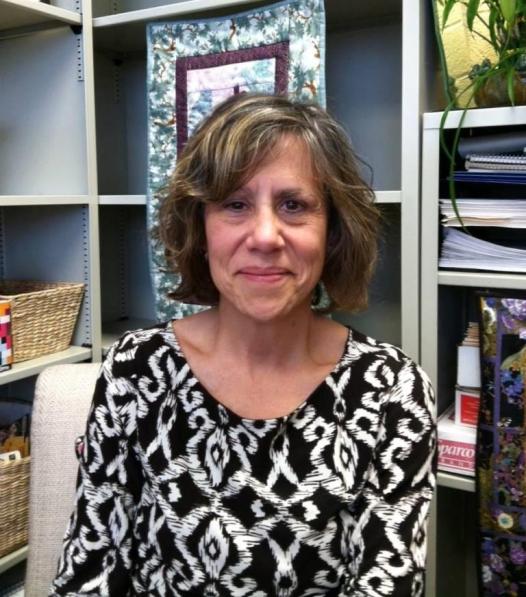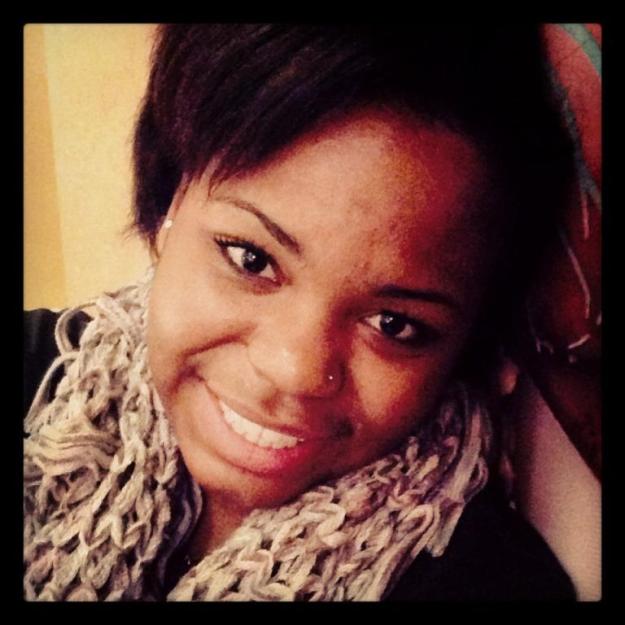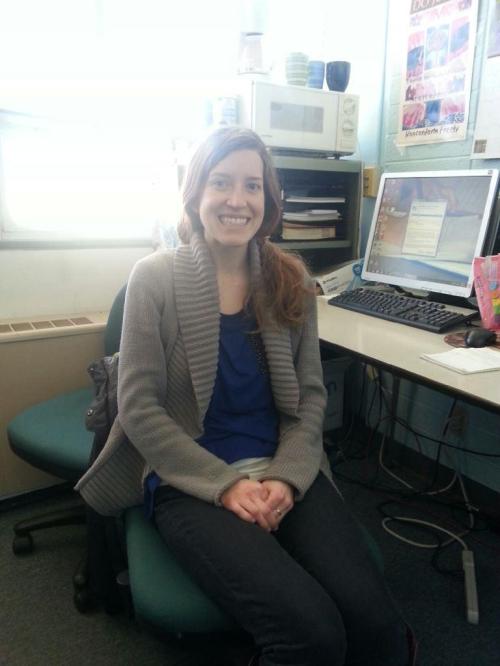Spring semester is done, graduation ceremonies have commenced and gone, and the renovation of Eddy Hall has officially begun. Where did the time go? Our first set of Communication Interns in the English department have also finished their work with us. We are so sad to see Brianna and Evelyn go. They have done such great work helping us to tell our story, and set the bar high for the interns who will follow them.
As a way of wrapping up their time together, they sat down a few weeks ago to have a conversation. Intern Evelyn Vaughn interviewed now alumna Brianna Wilkins about her time at CSU and her plans for the future.
Brianna had originally planned to go to college out of state, but the lower tuition rates available to her for staying in state (she’s from Denver) convinced her to stay. After a slow start her first semester, Brianna has been committed to getting the most out of her time at CSU, and has been a hardworking student (once, for two semesters back to back, she took 18 credits, and has earned her goal of over a 3.0 GPA each semester after that first one, even though she’s also been working two jobs and doing internships the past two years) – although, she does admit to slacking off her final semester, taking it easy and nursing a pretty serious case of senioritis. While at CSU, she’s especially appreciated the variety of good food available in the dorms (she hadn’t expected that), and the fact that there’s always something going on and something to do on campus.
Brianna introduces herself
What’s your favorite memory of your time at CSU?
My favorite memory has to be probably these past few weeks, getting ready to graduate because I feel like my life’s moving forward. When you are in school you always know you are going to go back to school the following year, so for me it’s great to know that there’s something new coming in my life, even though I don’t know what it is, It’s exciting to take that new leap and be heading into something great…hopefully [laughter].
Brianna answers the question, “What advice would you give to students?”
You are a Journalism & Technical Communications and English Creative Writing major. Is that what you had originally planned to do?
When I first came, I knew I wanted to do Journalism, right off the bat, probably since my Junior year of high school, but that really changed for me. At first I thought I wanted to do Broadcast Journalism but then I realized I’m not really comfortable on camera, and I’d rather be behind the scenes working. So now I’m looking for jobs in Public Relations or Social Media just because I like being behind the scenes getting everything together.
I added English as a second major Spring semester of my freshman year, so I didn’t start taking English classes until my Sophomore year. I figured I’d do Creative Writing because I knew that I didn’t want to be a teacher.
I realize now that I’m ending everything that the English major has probably been the most challenging for me. I was a decent writer always but it was more like writing essays and stuff. Coming up with stories is so hard. People think it’s so easy and it’s really not. It’s such a challenge for me to write stories because it’s not something I’m really good at and it’s kind of uncomfortable for me — which I kind of liked because it’s a challenge. But at the same time, Journalism is so easy for me because it’s so hands on and we get to work in different aspects of things, like website building or doing publications or broadcasts or social media, all this different stuff we can work on. It gives us such a diverse field to study.
But I’d say together they’ve both made me a really good writer.
What did you originally think you were going to do with your degree? What job prospects did you have in mind?
I really want to get into social media and I’ve had about five internships since straight out of high school. I’ve done a lot of marketing internships, communications and writing for publications, so I’ve had a lot of experience in that area, but I really want to get into social media even though it’s something I haven’t done as much as I had originally planned.
Right now I’m interviewing for a few social media positions. I actually want another internship because if I commit to a job I want to make sure it’s where I want to be, I don’t want to just take a job because I need a job and then get stuck there, but I don’t want to job hop either. So if I can find at least one more internship that’s specifically dealing with social media and marketing then I’d like to go into that as a future career.
So your dream hasn’t changed very much?
Not at all. Writing, news writing is something that I dabbled in a bit, writing for different publications, so I wouldn’t mind trying that but that’s a really hard field to get in to just because people really aren’t reading newspapers and magazines as much, and it’s a very competitive business unless you freelance. So maybe that’s something to try…but Journalism has always been my goal so it hasn’t really changed that much.
What experience has CSU given you that you find the most valuable?
That’s a tough one. I would have to say I took this class, it was my senior capstone in Journalism, and basically they had us build a profile. So all semester we were working on these profiles. We had to take work samples, or school samples if we didn’t have any professional work experience, put them all together. It took us the whole year and then we had to create these huge projects, and then at the end of the semester we have an online portfolio which is basically like a resume online plus all your work, in a website form and a hardcopy portfolio. We did mock interviews with business people from different journalism fields, like public relations and news people. I felt like that helped me so much. It helped me realize, “wow, this is a competitive world out here and I need to get myself together.”
So bringing in professionals, not just with the Journalism department but English as well, going to the readings and stuff. Just having professionals who are good at what they do come on campus and speak to people or do their readings, it really helped me realize “dreams do come true.” Sometimes it feels like it’s so far off and that you can never achieve what you want to do but having professors as well that are not only professors but they’ve been published or they were recent newscasters or they work for these big corporations, having all these people available, at your disposal, to gain knowledge from, that’s probably been the best aspect of CSU for me. And they’re so willing to help you out if you need it. Having those conversations with them and interacting with them as not only professors but as just regular people and gaining knowledge — that’s been really awesome.
Brianna answers the question, “How does it feel to be graduating?”
Besides doing one more internship and traveling to visit family and friends before finding a job (hopefully something in public relations or social media), Brianna dreams of starting a book group with other young women like her, having a career (not “just a job” but work she loves), and doing more traveling.
We wish Brianna and Evelyn, and all of our students, whether they are graduating or returning next year, the safest and best of summers, the best of luck wherever they land. We also hope they will keep in touch, let us know how and what they are doing and where.











